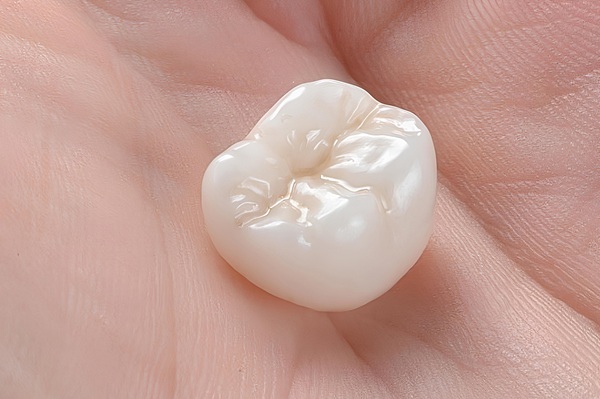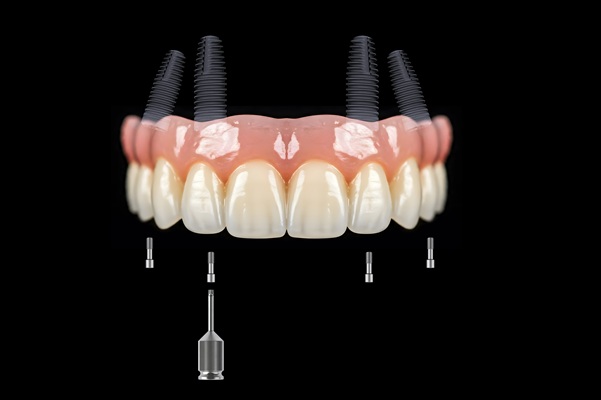What to Expect When Getting a Bone Graft

Bone grafts are a part of many different medical procedures, including that of oral and dental ones. Most people don’t realize that bone grafts are commonly used within dentistry because they are only for specific procedures.
Knowing what to expect when getting a bone graft for a dental or oral procedure can be helpful, especially if you have an upcoming appointment where a graft may be necessary. It can also be beneficial to know what is involved in a bone graft procedure if your dentist or oral surgeon has told you that it may be necessary. Keep reading to find out more!
Bone grafting
Time to take the mystery out of this simple procedure that sounds more intimidating than it really is.
What exactly is bone grafting?
It is first essential to understand precisely what a bone graft is, especially in regards to dental and oral procedures. Bone grafts replace and regenerate lost bone within the jaw or the face when restoration or facial contouring is needed. Bone grafts are also commonly used when dental implants are necessary because the teeth deteriorate so much that the jawbone also begins to deteriorate. Once deterioration occurs within the bone structure, there isn’t enough there to support the new implants and bone grafting repairs the jaw.
What to expect when getting a bone graft
A successful graft requires bone from another part of the patient's body. Sometimes, that piece of bone may even be taken from their jawbone which would be very similar to the bone that needs the graft. However, other times, there may not be enough bone in the jawbone, so bone may have to be taken from elsewhere within the body.
The doctor will then transplant the bone into the jaw, and after that, healing takes place!
Being patient
Another part of getting a bone graft is patience. After the transplant into the jaw, healing and recuperation are necessary. Expect a few months of proper healing so that the transplanted bone has enough time to generate new bone. New bone has to generate around the planted bone so that dental implants can be supported.
Post bone graft
Bone grafts can be time-consuming and uncomfortable, but that doesn’t mean that they aren’t worth it. They usually allow a person to get back to normal - whether it be with their looks or the function of their jaw. Post bone graft, it is crucial to be gentle to the area as well as manage the pain through a softer diet and at-home remedies such as cold compresses or over-the-counter medications.
Reach out to our office!
Bone grafting procedures are far from simple, but again, that doesn’t mean that they aren’t worth it! Being aware of what to expect during these procedures can be extremely helpful for someone who has an upcoming bone graft procedure. If you have more questions, then reach out to our office so that we can help you further. Give us a call or stop by our office today!
Request an appointment here: https://www.tucsonazdentistry.com or call Advanced Family Dentistry at (520) 353-3002 for an appointment in our Tucson office.
Check out what others are saying about our dental services on Yelp: Will I Need a Bone Graft for Dental Implants.
Recent Posts
A bone graft is a surgical procedure for correcting issues with bones or joints. It involves transplanting bone tissue to a deficient area and is beneficial for bones that are damaged or lost due to trauma or tooth loss. Advances in dental technique and technology have made the procedure easier and effective for stimulating jawbone…
You should always replace missing teeth as soon as possible. Failing to do so can lead to dental complications like misaligned teeth, bone tissue loss and a smile you may no longer be proud of. Fortunately for those who have lost some of their real teeth, there are a handful of options when it comes…
Same day crown technology has made it possible for patients to get a crown over a tooth on the same day as their dental appointment. Crowns, commonly known as "caps," can treat a broad range of dental problems. They are used to treat decayed parts of teeth, replace a missing tooth as part of a…
An All-on-4® treatment can replace multiple teeth. This extensive procedure is for people who are going to have several teeth extracted. It is also for those who have lost many teeth already. Knowing all that you can about the teeth-replacement options available to you is important. If you want to know if an All-on-4 can…


